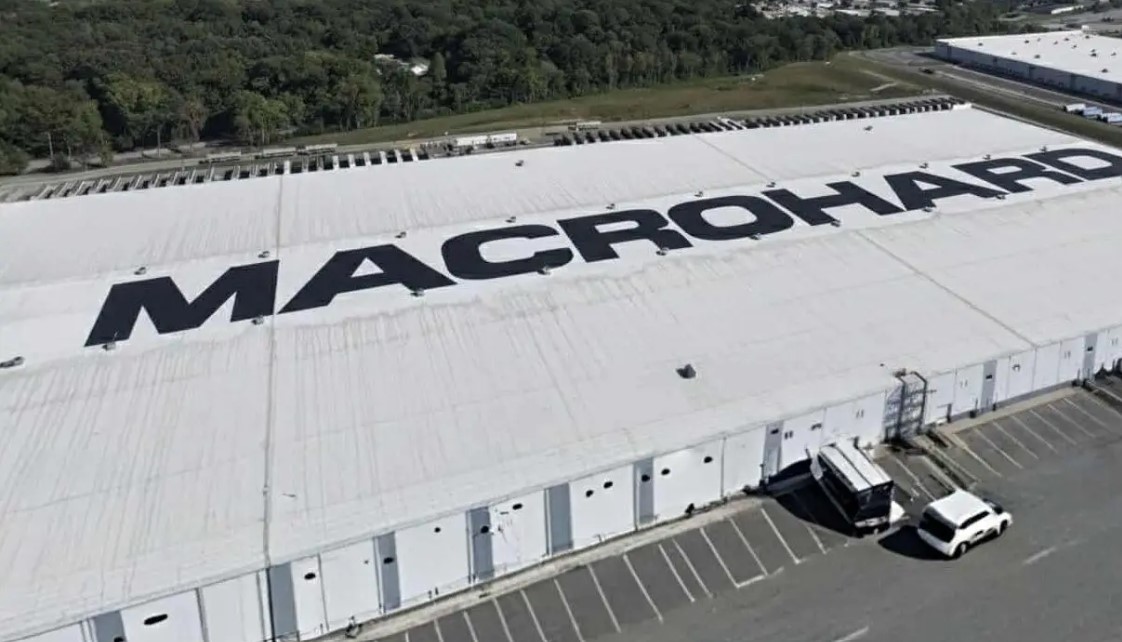Elon Musk Unveils “Macrohard” AI Supercomputer to Challenge Microsoft

Elon Musk’s AI company xAI has officially revealed a new initiative named **Macrohard**, anchored by a massive data center cluster called **Colossus 2** in Memphis, Tennessee. The facility reportedly houses around 100,000 NVIDIA H100 GPUs, positioning it as one of the most powerful single-site AI compute installations.
Quick Insight: While the name started as a meme riffing off Microsoft, Macrohard is turning into a serious project — aiming to create a modular AI platform that rivals traditional software services giants.
1. The Technical Backbone: Colossus 2
• Colossus 2 is the new data center cluster, featuring an estimated 100,000 NVIDIA H100 GPUs.
• The infrastructure is designed to support both foundational model training and large-scale inference workloads.
• The architecture is said to be optimized for modularity — letting external developers and organizations “build upon” it.
• Musk envisions Macrohard being software-focused (with minimal hardware ownership), akin to the business model of Apple.
2. Vision & Positioning Against Microsoft
• The name “Macrohard” is a tongue-in-cheek nod to Microsoft, signaling ambition to compete in the AI software domain.
• Musk claims software companies like Microsoft don’t manufacture hardware, suggesting they could be “simulated” with AI.
• Macrohard aims to deliver AI frameworks and licensable components — letting other entities use its infrastructure without owning it.
• This positioning could shift how organizations consume AI services, reducing the need for in-house GPU infrastructure.
3. Challenges & Risks
• Such massive compute requires vast power, cooling, and infrastructure — sustainability is a key hurdle.
• Operational complexity: coordinating thousands of GPUs at scale is nontrivial.
• Competition: existing cloud and AI incumbents (Microsoft, AWS, Google) already have strong footing.
• Execution risk: ambitious ideas often fail in translation; the roadmap and product clarity will determine success.
Implications for Africa & Emerging Regions
• Access to AI-as-infrastructure could lower entry barriers for startups that lack capital for GPUs.
• Local AI developers may partner or compete via regional nodes built on such platforms.
• African regulators might need to adapt policies for data, compute, and AI sovereignty in light of global AI backbones.
• The initiative could raise expectations for infrastructure investments and AI capacity in emerging markets.
